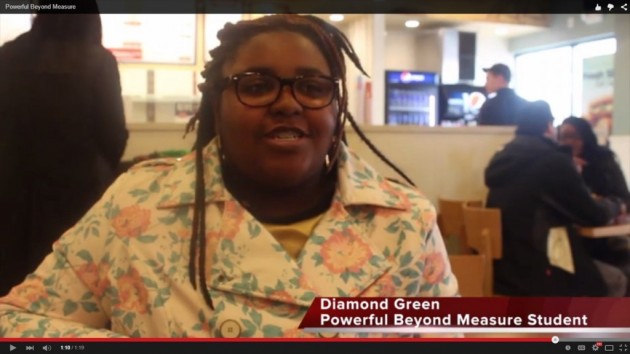Much like the “haywire” atmosphere of the 2000 presidential elections, Louisiana’s third congressional district is witnessing the same issue, “election tiddlywinks.”
Democratic candidate Charlie Melancon is contending for Louisiana’s third district congressional seat against his Republican adversary Billy Tauzin III in a December 4 runoff, where Melancon made an issue over a questionnaire in the November 2 general elections. Tauzin has responded that Melancon is trying to make an issue over a clerical error.
Melancon claims that, in response to a candidate questionnaire from a group named Project Vote Smart given before the November 2 elections, Tauzin checked “yes” on a question asking if he was an advocate of the North American Free Trade Agreement (NAFTA).
The NAFTA deal became an issue because of the number of jobs leaving the third district and other economic inadequacies.
The third district of Louisiana includes half the Cajun country, most of Louisiana’s swamplands, covering Houma, where seven bayous meet; St. Bernard and Plaquemines Parishes, downriver from New Orleans; St. Charles, St. John the Baptist, St. James and Ascension Parishes on both sides of the Mississippi which was once the greatest producers of sugar in America, now inhabited with refineries and petrochemical plants; which services many offshore oil rigs; and Iberia Parish, the home of McIlhenny’s Tabasco sauce.
In a press release response, Tauzin’s campaign noted that his stated position is against free trade which harms Louisiana industry, and laborers. He claims that the marked portion of the questionnaire in question was an error.
According to The Advocate, a Baton Rouge newspaper, Melancon claims that Tauzin’s campaign has “flip-flopped.”
“You’ve got a young fellow that is saying what his friends in Washington want him to say,” Melancon said.
Melancon claims that the sugar industry he lobbied for proceeding him running for Congress was especially hit hard by NAFTA and continues to be.
Although drama is considered newsworthy, it is in no way surprising that drama is steadfast in Louisiana elections. With its corrupt political past, nothing is surprising to Louisiana voters.
Louisiana is notorious for candidates such as David Duke, the former leader of the Klu Klux Klan, winning or nearly winning high public offices. Duke, a Republican state legislator, ran a close second in the 1990 U.S. Senate election and gained a spot in the governor’s race in 1991. In the 1991 runoff he faced Edwin Edwards, a former governor, who was widely noted for his suspected corruption.
In the 1995’s governor’s race, the two most extreme candidates out of 16 candidates who entered the opening round, were Mike Foster, a conservative Republican who earned Pat Buchanan’s endorsement, and inherited much of David Dukes constituency, and Cleo Fields, a leading liberal Democratic in the Congressional Black Caucus. Both advanced to the runoff election with combined 45 percent of vote’s casts. Foster ultimately was elected in the runoff.
A Louisiana nonpartisan primary can produce such results, and thus reduce voter’s choices at the ballot box rather than increase them.



